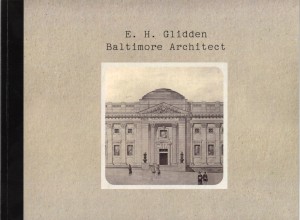 A by-product of finishing a project and publishing the results is that one moves on – without necessarily losing interest in the subject matter. I spent about five months immersed in the study of my great-grandfather Edward Hughes Glidden’s architectural oeuvre, producing two books at Shutterfly.com about my findings: the first, E. H. Glidden: Baltimore Architect, is illustrated with historic images of his buildings, and the second (Glidden’s Baltimore: Works by Edward Hughes Glidden) is largely filled with 2014 photographs from a spring trip to Maryland. Continue reading A question of attribution
A by-product of finishing a project and publishing the results is that one moves on – without necessarily losing interest in the subject matter. I spent about five months immersed in the study of my great-grandfather Edward Hughes Glidden’s architectural oeuvre, producing two books at Shutterfly.com about my findings: the first, E. H. Glidden: Baltimore Architect, is illustrated with historic images of his buildings, and the second (Glidden’s Baltimore: Works by Edward Hughes Glidden) is largely filled with 2014 photographs from a spring trip to Maryland. Continue reading A question of attribution
All posts by Scott C. Steward
Musicians in the family: an afterword
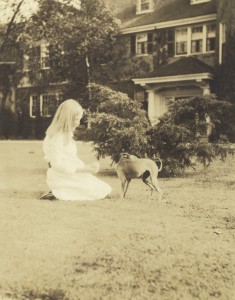
In thinking about the Ilsley family of singers and musicians to which my great-grandmother Theodora Ilsley Ayer belonged, I could think of no special evidence of the family talent having lasted into the twentieth century. Yet to pose the question is to invite the answer, and in fact I have a letter – preserved in my paternal grandmother’s scrapbook – hinting at musical skills which Mrs. Ayer hoped to foster.
In November 1925, my grandmother (Anne Beekman Ayer) was at school in Virginia. Continue reading Musicians in the family: an afterword
Musicians in the family: Part Three

The Nathaniel Ilsley family of Portland, Maine (and later Chelsea, Massachusetts; Buffalo and Troy, New York; and Newark, New Jersey) produced more than a dozen singers, violinists, and conductors – and at least two composers. One of these last was my great-great-grandfather, Francis Grenville Ilsley (1831–1887), and the other was his younger brother, Eliphalet Clark Ilsley (1837–1866). Frank (or Grenville) wrote at least two hymn tunes that are still in general use – Ilsley and Dania – while Clark (or Clarke) ventured South and spent the Civil War years as the choirmaster of St. Paul’s Church in Augusta, Georgia. Continue reading Musicians in the family: Part Three
Musicians in the family: Part Two
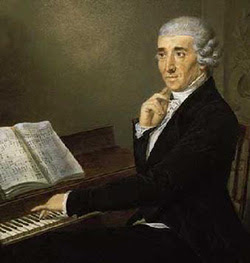
My great-great-grandfather Francis Grenville Ilsley (1831–1887) belonged to a family of singers and musical conductors and performers. The line apparently begins with his grandfather, Nathaniel Ilsley (1781–1870), who married four times and had (at least) fourteen children, eight of whom were notable in Portland, Buffalo, and Newark music circles. I covered the Portland period – and something of the musical careers of Francis L., Ferdinand, Arthur, Elizabeth, Esther, George, and Ann Ilsley – here.
By the late 1830s, the family had begun to scatter, and my great-great-great-grandfather Francis Lunt Ilsley (1804–1874) was advertising his services as an instructor at the Troy (New York) Academy of Music: his juvenile classes, and those for “young Ladies,” would be “progressively and thoroughly instructed in the elementary principles of vocal music, on the Pestolozzian or inductive system.” Continue reading Musicians in the family: Part Two
Musicians in the family: Part One
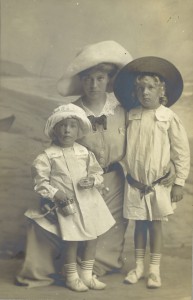
My great-grandmother Sara Theodora Ilsley (1881–1945) was an orphan from the age of fourteen, so it is not surprising that her descendants did not know much about her family. My father, who knew his grandmother well, told me that “Grandma came from Newburyport,” which isn’t really the case: She was an Ilsley descended from the immigrant to Newbury, it’s true, but her branch had gone north to Falmouth/Portland and then south to Newark.
Furthermore, my great-grandmother’s Beekman ancestry has tended to obscure the (to me) equally interesting fact that Theodora Ilsley belonged to a distinguished family of musicians, among them her father Francis Grenville Ilsley (1831–1887), grandfather Francis Lunt Ilsley (1804–1874), and great-grandfather Nathaniel Ilsley (1781–1870). Continue reading Musicians in the family: Part One
Brick Walls

My most recent immigrant ancestor was a great-great-grandfather, William Boucher Jr. (1822–1899), who followed his father from Germany to Baltimore in 1845. One generation back, I have three unknown great-great-great-grandparents and a further four who arrived during the late eighteenth and early nineteenth centuries:
- Campbell Patrick White (1787–1859), who went with his parents to Baltimore from Belfast following the Uprising of 1798;
- Henry G. Hughes (c1811–1860) and his wife Olivia Letitia Coulton (c1817–1847), from Ireland to Geneva and Brooklyn, New York; and
- Johann Friedrich Wilhelm Esprit Boucher (b. in 1798), a native of Hamburg who was in New York during the 1830s and in Baltimore (with a second wife and young family) during the 1840s and 1850s.
Some recent discoveries
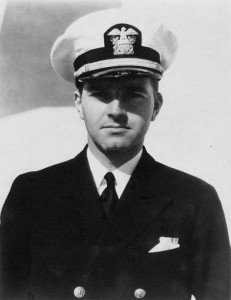
I have written here about some of my research strategies, and I thought it might be interesting to inventory a few of my recent discoveries (and brick walls).
It is easy to get distracted, and for the last decade or so I have kept a lot of my research notes in a Word file called “Notes on 1790–1930 Censuses.” (Yes, it predates the publication of the 1940 Federal Census, although I have begun to add information from that source as well.) Built around appearances in various censuses, the Notes document keeps me organized, as it is really my ahnentafel (or ancestor table), listing ancestors along with their children and their children’s spouses. In the footnotes, I keep track of my ancestral aunts’ and uncles’ children and their descendants. Continue reading Some recent discoveries
Family centenarians
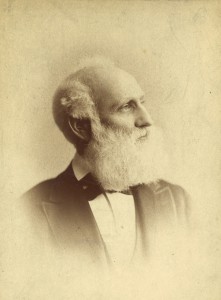
From time to time I undertake some light housekeeping on my genealogical notes, and lately I have focused on collecting stray family names and dates. My flirtation with Google continues, since an organized approach to entire family groups has yielded great dividends. I’ve also spent time on Ancestry.com exploring the (often unsourced) family trees, ones kept by my distant cousins or their cousins, which can provide clues about what became of an uncle’s widow once she remarried and moved beyond the ken of the record-keepers on my side of the family. Continue reading Family centenarians
Another family mystery
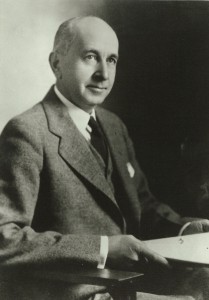
My mother’s parents were from Norfolk, Virginia, and Baltimore, Maryland. From a grandchild’s perspective, they were Southerners, but as I grew up and became interested in genealogy, I noticed another strain: my grandfather’s mother and grandmother’s father were natives of Ohio, and it turned out that the Jacksons and Gliddens had New England forebears. A more recent insight, I blush to say, is that both my maternal grandfather and his father married women from Indianapolis, and at the end of his life my grandfather’s companion (a native of Boston) had Indianapolis connections as well. Continue reading Another family mystery
What’s in a name
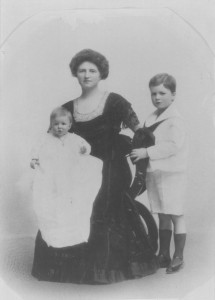
According to the Book of Genesis, one of the first things Adam did was to give the things around him names: to name is to exert power – and to give it. An example of this in my own family comes to mind, and with it comes a far longer history than I think my parents or my grandparents knew.
When my sister was born, my maternal grandparents’ second grandchild and first granddaughter, my grandmother assumed that the baby would be named for her: Pauline. As I mentioned yesterday, my mother’s first name was a moving target: it was at one time Pauline, at another Fairfax, until it crystallized as Barbara. I suspect my grandfather didn’t care for it, even though it was his wife’s and (perhaps more relevant?) his mother-in-law’s first name. In any case, with that history behind it, my grandmother expected my sister to be named for her. Continue reading What’s in a name